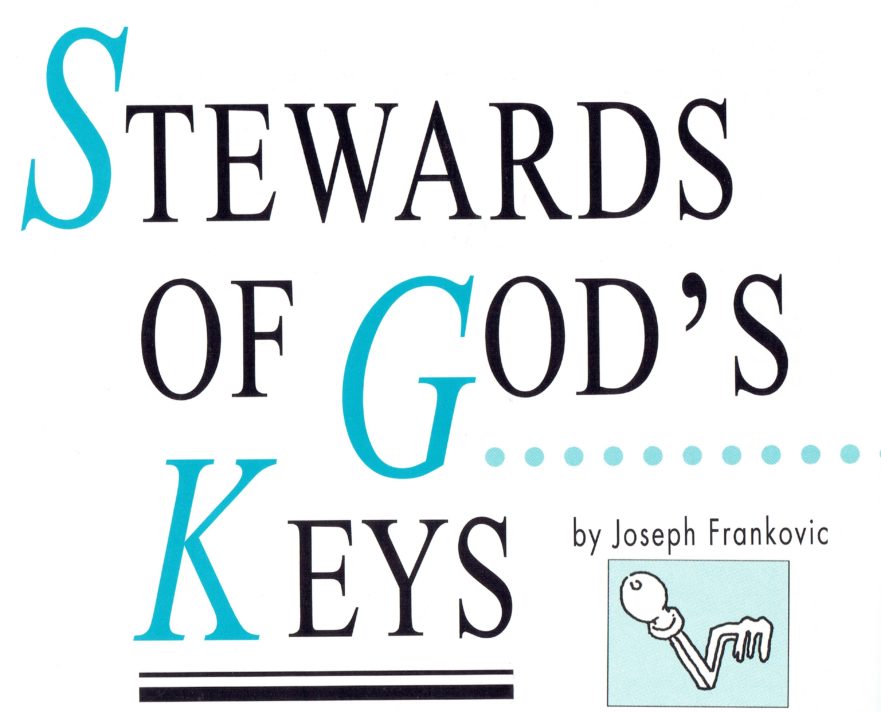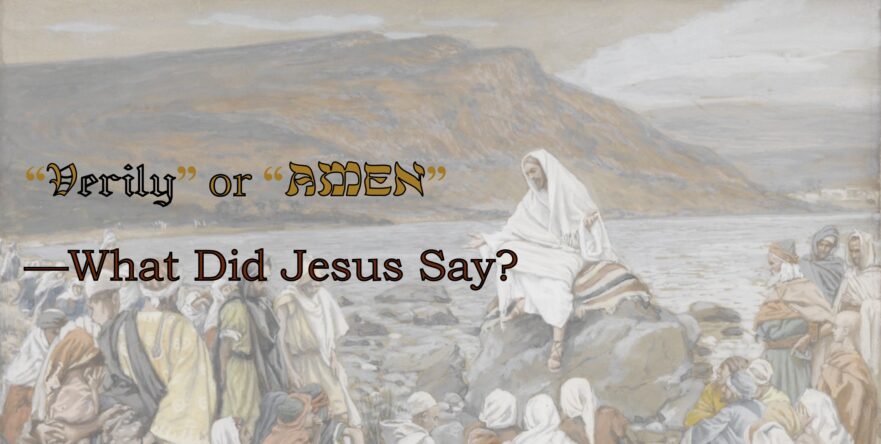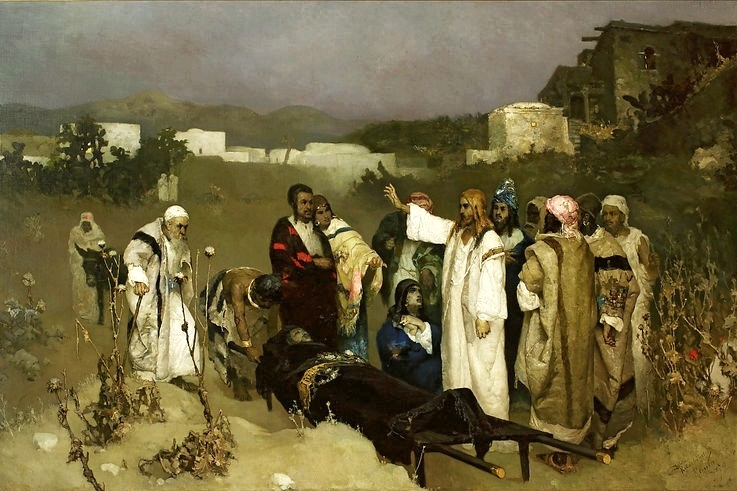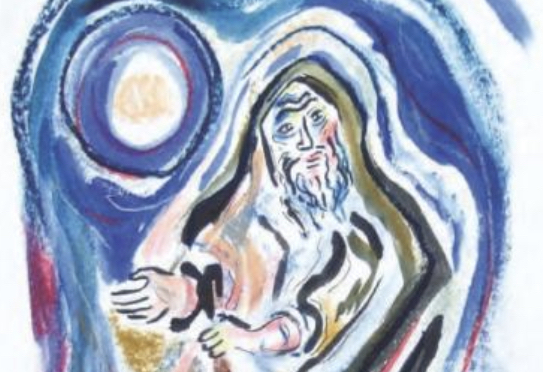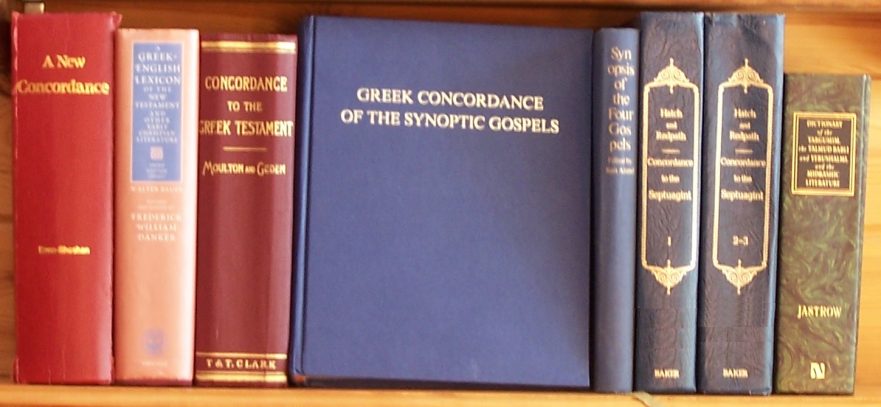Also note that in Matt. 5:19 Jesus alludes to this same complex.
The Significance of Jesus’ Words “Not One Jot or One Tittle Will Pass from the Law” (Matt. 5:18)

The Greek reads: ἕως ἂν παρέλθῃ ὁ οὐρανὸς καὶ ἡ γῆ, ἰῶτα ἓν ἢ μία κεραία οὐ μὴ παρέλθῃ ἀπὸ τοῦ νόμου (“…until pass away the heaven and the earth, iota one or one point by no means will pass way from the law…”; Matt. 5:18)…. Presuming that Jesus originally made the statement recorded in Matt. 5:18 in Hebrew, iota would stand for י (yod), the tenth letter of the Hebrew alphabet. … — /wp:image –>
Some scholars have suggested that תָּג (tāg; plural: תָּגִים , or תָּגִין ), is a better equivalent for keraia in Matt. 5:18….
Meaning of the Expression in Jesus’ Saying
There are parallels in ancient Jewish sources that can help us clarify the meaning of Jesus’ statement in Matt. 5:18.
“Recovering the ‘Inspired Text’?”
If Brown is right, one might ask why, for instance, the understanding of Matthew 6:22-23 advocated by the authors, “If your eye is good/bad ,” is not reflected in English versions of the Bible?
Book Review: Robert L.

For example, he contends that the discourse on “worry” in Matthew 6:25-34 followed the incident with Mary and Martha in Luke 10:38-42, and was followed by the parables in Luke 12:16-21, “The Rich Fool,” and Luke 16:19-31, “The Rich Man and Lazarus.”…
A Test Case
An example of the methodology in Lindsey’s book, its potential usefulness and also its potential frustration for scholars, can be found in sections dealing with Matthew 5:10-12.
Deliver Us From Evil
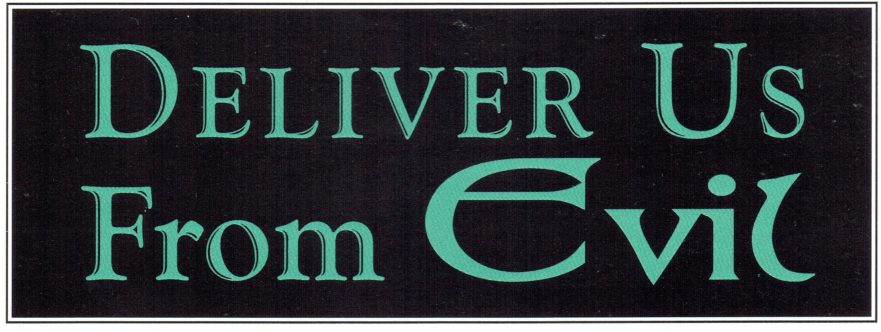
The Good News Bible, New Century Bible, New International Version, New Jerusalem Bible and New Revised Standard Version all render Matthew 6:13b as keep us, save us, rescue us, or deliver us “from the evil one.” … — /wp:shortcode –>
Matthew 6:13b includes the prepositional phrase apo tou ponērou, which may mean “from the evil one” or “from the evil (thing).” …
In Matthew 5:11 ponēros appears as a neuter noun. … The second occurrence of ponēros follows the preposition ek (“from, out of”) and, therefore, appears in the same ambiguous form of the gender as in the Lord’s Prayer (Matt. 6:13b).
Jesus’ Command to “Hate”
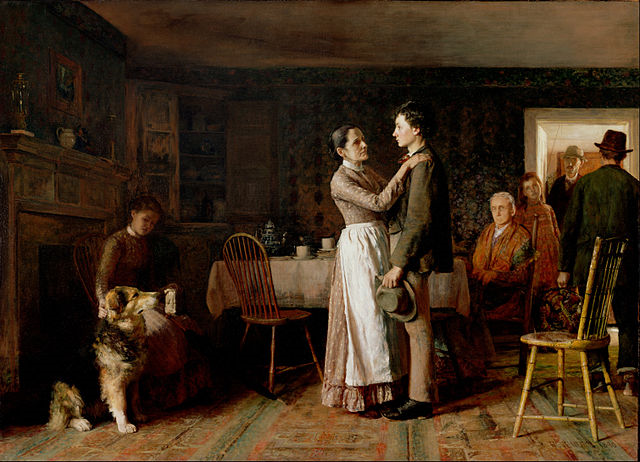
— wp:paragraph {“dropCap”:true} –>
Can the same Jesus who instructs his disciples to “Love your enemies and pray for those who persecute you” (Matt 5:44) be responsible for this stringent requirement to hate one’s parents. … (Matt 6:24, RSV; cf. … (

